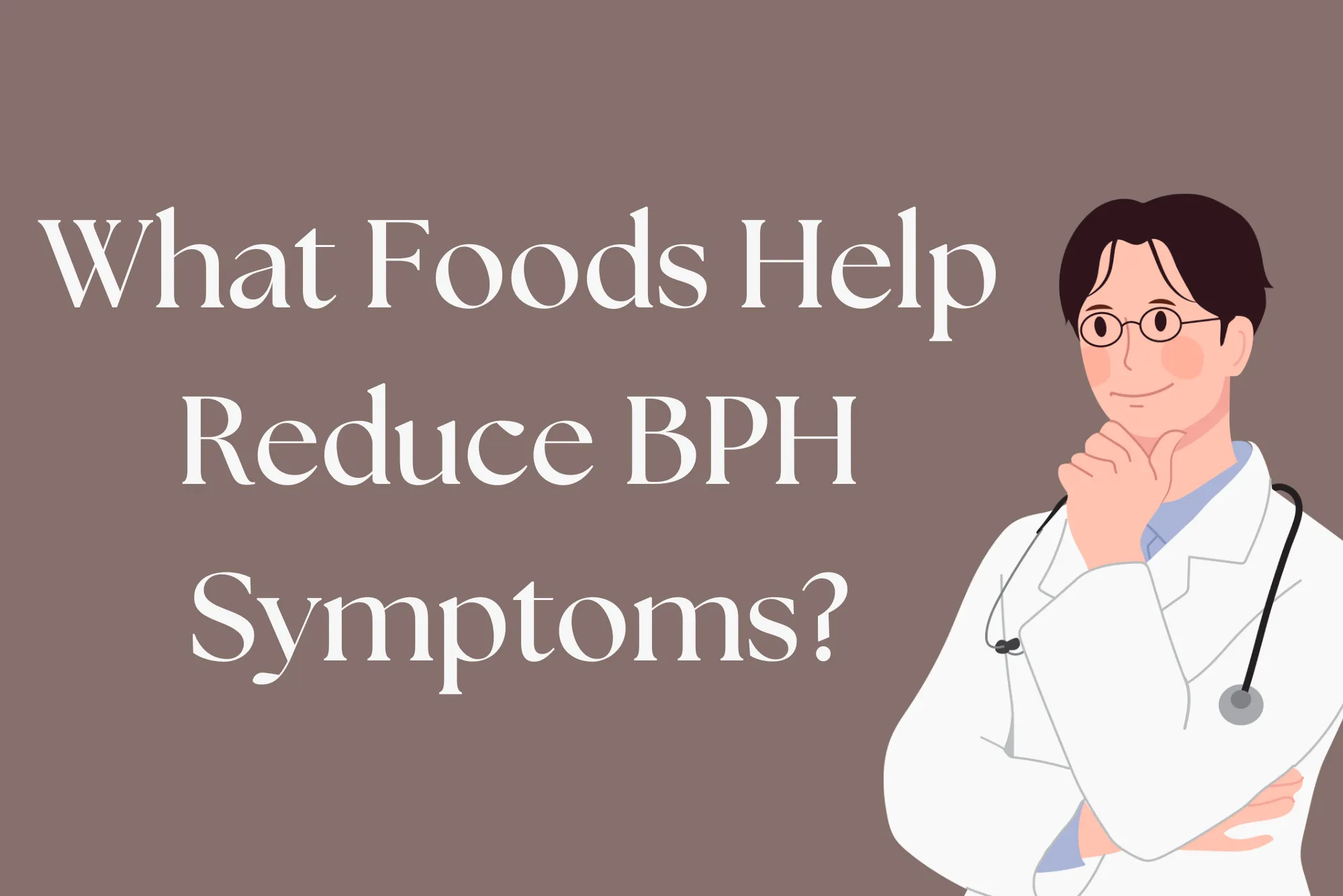Benign Prostatic Hyperplasia (BPH) is a common condition in aging men, characterized by an enlarged prostate that leads to urinary issues, discomfort, and lifestyle limitations. While medical treatments exist, diet plays a crucial role in managing symptoms naturally. Incorporating specific nutrient-rich foods can help reduce inflammation, improve prostate health, and alleviate BPH-related problems.
Understanding the Role of Diet in BPH Management
Dietary choices significantly impact prostate health. Certain foods contain anti-inflammatory properties, antioxidants, and essential nutrients that promote hormonal balance and urinary function. Conversely, unhealthy food habits can aggravate symptoms and accelerate prostate enlargement.
Best Foods to Reduce BPH Symptoms
Tomatoes and Lycopene-Rich Foods
Tomatoes, watermelon, and pink grapefruit are rich in lycopene, an antioxidant known to support prostate health. Studies suggest that lycopene reduces oxidative stress in prostate cells and helps slow the progression of BPH disease. Cooking tomatoes enhances lycopene absorption, making tomato sauces and soups beneficial options.
Green Leafy Vegetables
Vegetables such as spinach, kale, and broccoli are loaded with vitamins, minerals, and antioxidants that help combat inflammation. Cruciferous vegetables like broccoli contain sulforaphane, a compound known for its potential to support prostate health and detoxification.
Fatty Fish and Omega-3 Fatty Acids
Salmon, mackerel, and sardines are excellent sources of omega-3 fatty acids, which have anti-inflammatory properties that may help reduce prostate swelling. Omega-3s also support cardiovascular health, which is linked to better urinary function.
Nuts and Seeds for Zinc Intake
Zinc plays a vital role in prostate function. Foods such as pumpkin seeds, almonds, and walnuts contain high amounts of zinc, which may help regulate testosterone levels and support urinary health.
Hydration and Prostate Function
Proper hydration is crucial for maintaining urinary tract health. Water helps flush toxins from the body and prevents urinary tract infections, which can worsen BPH symptoms. Herbal teas, such as green tea, also offer antioxidants that may benefit prostate function.
Foods to Avoid for Better Prostate Health
Processed and Red Meat
Diets high in processed meats, such as sausages and bacon, have been linked to increased prostate inflammation. Reducing red meat intake and opting for lean proteins like poultry and fish can improve overall prostate function.
Excessive Dairy Consumption
Dairy products, especially high-fat options like whole milk and cheese, have been associated with an increased risk of BPH benign prostatic hyperplasia. Switching to plant-based milk alternatives or consuming low-fat dairy can help mitigate this risk.
Caffeine and Alcohol
Both caffeine and alcohol act as diuretics, increasing urinary frequency and irritation. Cutting back on coffee, sodas, and alcoholic beverages can help improve bladder control and reduce nocturnal urination.
Importance of Regular Exercise Alongside a Healthy Diet
A balanced diet works best when paired with regular physical activity. Exercises like walking, swimming, and yoga help maintain a healthy weight, improve circulation, and reduce stress—all factors that contribute to better prostate health. Strength training and pelvic floor exercises can also enhance bladder control and minimize BPH-related discomfort.
When to Seek Medical Advice
While dietary changes can help manage symptoms, men experiencing severe discomfort, frequent urination, or complications should seek medical advice. Routine prostate screenings and consultations with a healthcare professional ensure early detection and effective management of BPH.
For more health-related insights and wellness tips, visit Second Bleach. Stay updated with expert guidance on maintaining overall health and well-being.
Meta Title:
Best Foods to Reduce BPH Symptoms Naturally | Diet for Prostate Health
Meta Description:
Discover the best foods to reduce BPH symptoms naturally. Learn how a healthy diet, hydration, and lifestyle changes can improve prostate health and urinary function.










